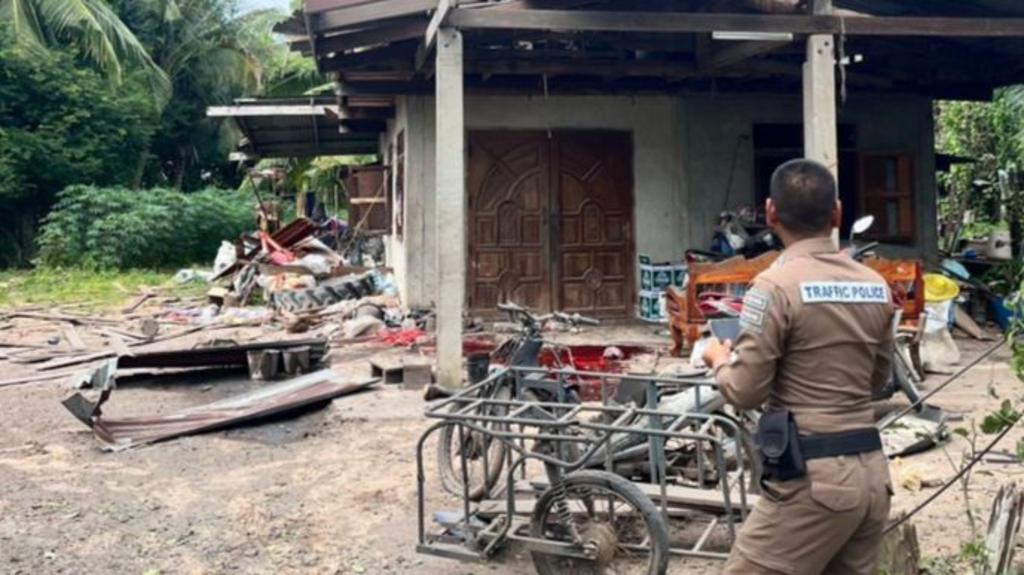Military Moves into Medicine: Concerns Rise Over Indonesia's Expanding Armed Forces Role

Indonesia's military, known as the TNI, is poised to enter the pharmaceutical sector, manufacturing medicines for public distribution. This move, revealed on Tuesday, is the latest in a series of expansions of the TNI's involvement in civilian affairs since President Prabowo Subianto assumed office, sparking concerns among some observers about the potential for an overreach of military power.
The agreement, details of which are still emerging, will see the TNI establish facilities to produce essential medicines. Officials cite the need to bolster national health security and reduce reliance on imports as key drivers behind this decision. They argue that the military's logistical capabilities and existing infrastructure can be leveraged to ensure a stable supply of affordable medications, particularly in remote areas.
However, the move has triggered debate and raised questions about the appropriate boundaries between the military and civilian spheres. Critics worry that expanding the TNI's role into sectors like healthcare could erode democratic norms and potentially lead to a further militarization of society. There are concerns that this could set a precedent for the military to become increasingly involved in areas traditionally managed by civilian government agencies.
“While the intention to improve healthcare access is commendable, the method is deeply concerning,” stated Dr. Anya Sharma, a political analyst at the University of Indonesia. “The TNI’s primary function is national defense, not healthcare provision. Blurring these lines risks undermining civilian control over the military and potentially shifting resources away from vital civilian services.”
President Subianto's administration has been characterized by a noticeable increase in the TNI's responsibilities. Beyond medicine, the military has taken on roles in infrastructure development, disaster relief, and even food security initiatives. Supporters of these policies argue that the TNI's efficiency and discipline make them well-suited to tackling complex national challenges. They point to past successes in managing logistical operations during natural disasters as evidence of their capabilities.
The timing of this expansion is particularly noteworthy given Indonesia’s upcoming general elections and the ongoing debate about the balance of power between the executive, legislative, and military branches of government. Civil society groups are calling for greater transparency and public consultation regarding the TNI's expanding role, demanding assurances that civilian oversight mechanisms will be strengthened to prevent abuses of power.
The Indonesian government has responded to these concerns by emphasizing that the TNI’s involvement in medicine production will be strictly regulated and subject to civilian oversight. They insist that the military’s role is supplementary, intended to support, not replace, existing civilian healthcare infrastructure. However, critics remain skeptical, arguing that the existing oversight mechanisms are inadequate to prevent potential conflicts of interest and ensure accountability.
The long-term implications of this policy shift remain to be seen. Whether the TNI's foray into medicine will genuinely improve healthcare access or represent a concerning expansion of military power will depend on how effectively the government manages the transition and safeguards civilian control.





